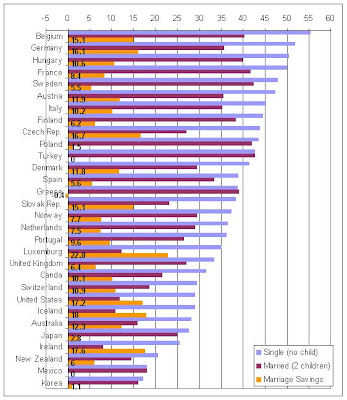The guy behind the AER paper on the deadweight loss of Christmas, Joel Waldfogel, has decided to make a book about it. He "illustrates how our consumer spending generates vast amounts of economic waste--to the shocking tune of eighty-five billion dollars each winter and provides solid explanations to show us why it's time to stop the madness and think twice before buying gifts for the holidays".
Is he OK? I'm not sure...here's an audio interview where they discuss his measurements of the deadweight loss of Christmas over time and across countries, the motivations that people have for giving, and his ideas for encouraging charitable giving at the holidays.






